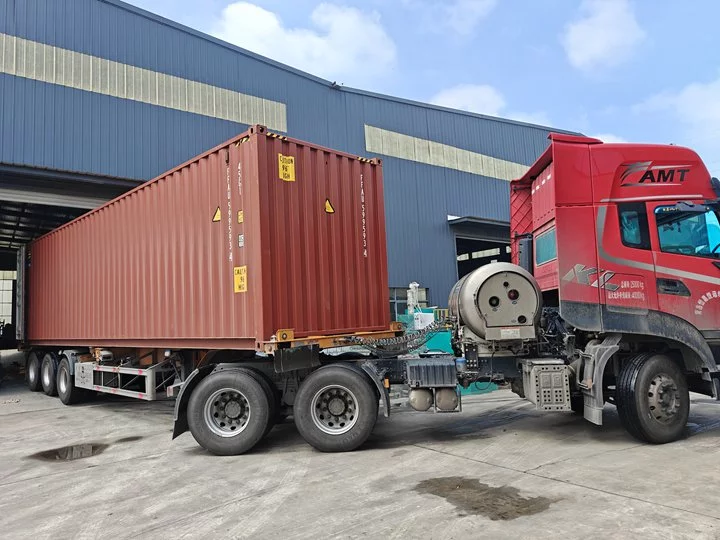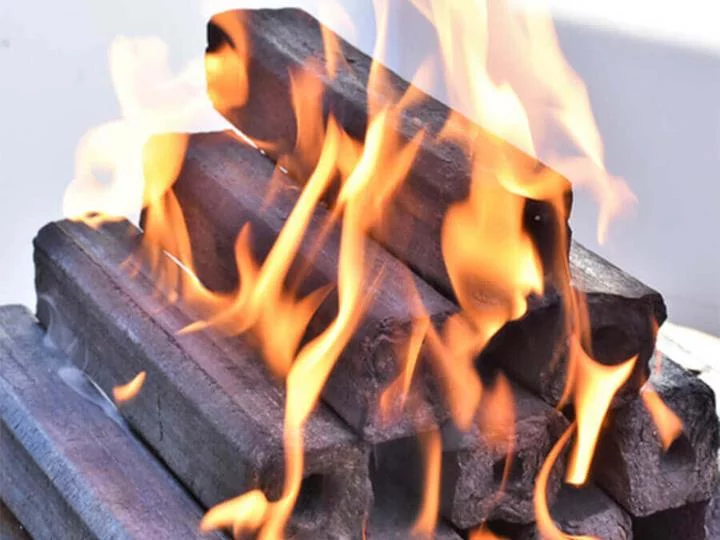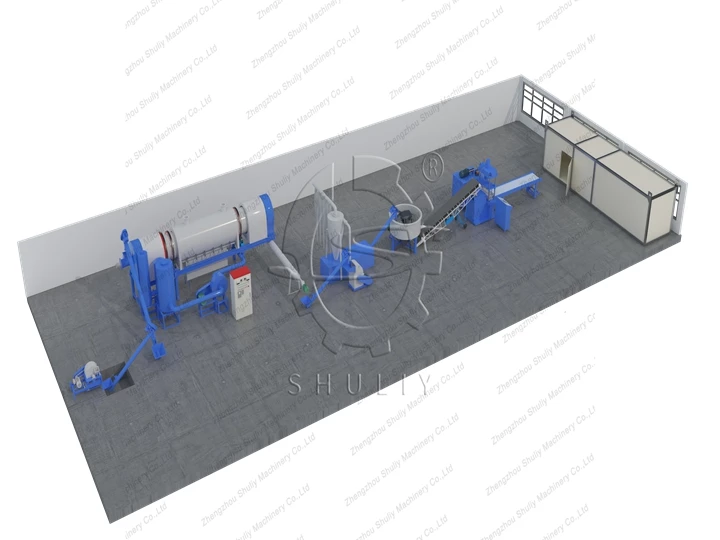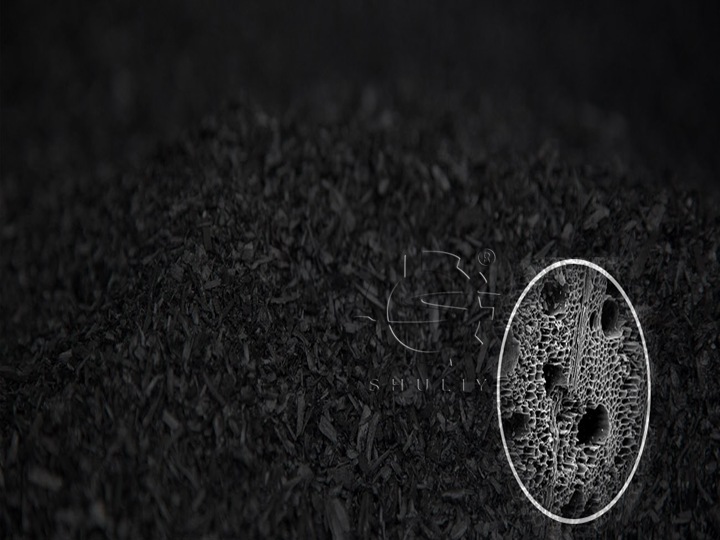Como funciona uma máquina de briquetes de carvão desde a alimentação até à formação do briquete final?
Uma máquina de briquetagem de carvão é um equipamento essencial no processamento de carvão, usinas de biocombustíveis e fábricas de produção de carvão vegetal. O seu trabalho é simples mas crítico—compactar carvão pulverizado solto ou pó de carvão em briquetes sólidos e de alta densidade. Mas como é que a máquina realmente transforma o pó fino em briquetes fortes e uniformes?
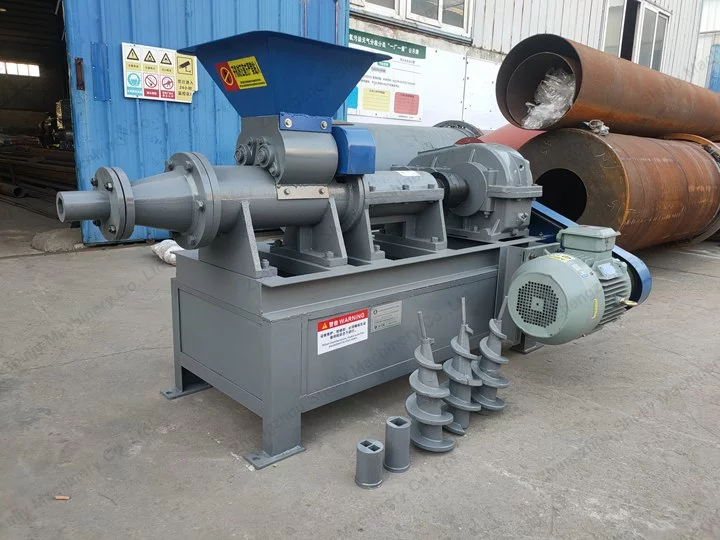
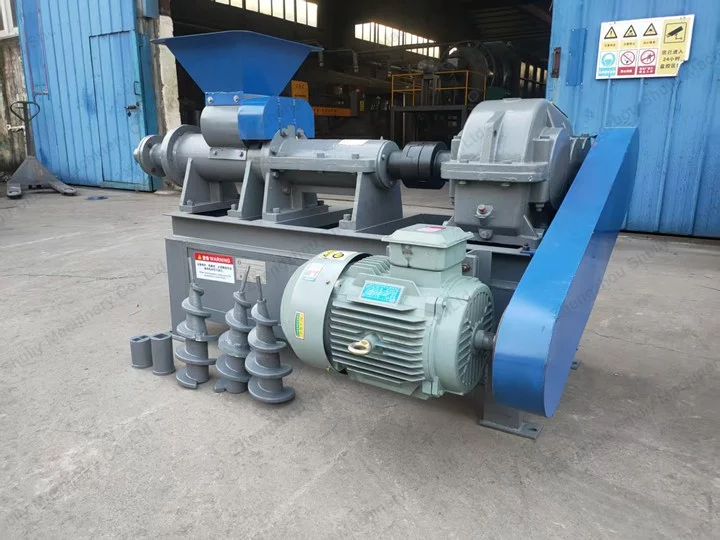
Sistema de Alimentação: Preparação do Material para o Processo de Briquetagem
O ciclo de trabalho começa com o alimentador. O carvão pulverizado, o pó de carvão vegetal ou o pó de carbono de biomassa devem cumprir condições específicas:
- Conteúdo de humidade adequado (geralmente 10–15%)
- Tamanho de partícula fino
- Mistura uniforme com aglutinantes (se necessário)
O funil de alimentação da máquina de briquetagem de carvão garante fornecimento contínuo e uniforme de material para evitar entupimentos e garantir pressão de formação estável.
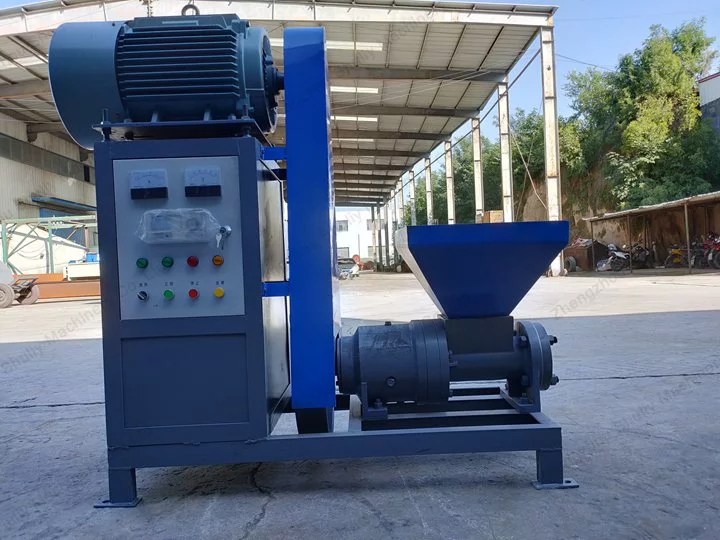
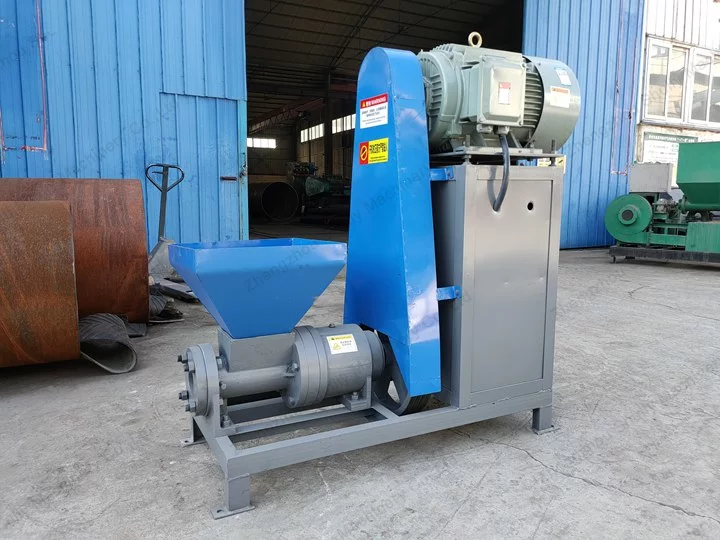
Compressão por parafuso ou pistão: Construindo alta densidade
Dentro da máquina de briquetagem de carvão, um mecanismo de alta pressão comprime o material.
Dependendo do tipo de máquina, isto pode envolver:
- Extrusão de parafuso (tipo extrusor de briquete de carvão)
- Prensagem de duplo rolo
- Compressão por pistão hidráulico
Durante esta fase:
- Vazamentos de ar entre partículas são removidos
- O pó é compactado num estado semicondensado
- Pressão e atrito geram calor suave, melhorando a resistência de ligação
Esta fase de compressão é o núcleo do processo de briquetagem do carvão.
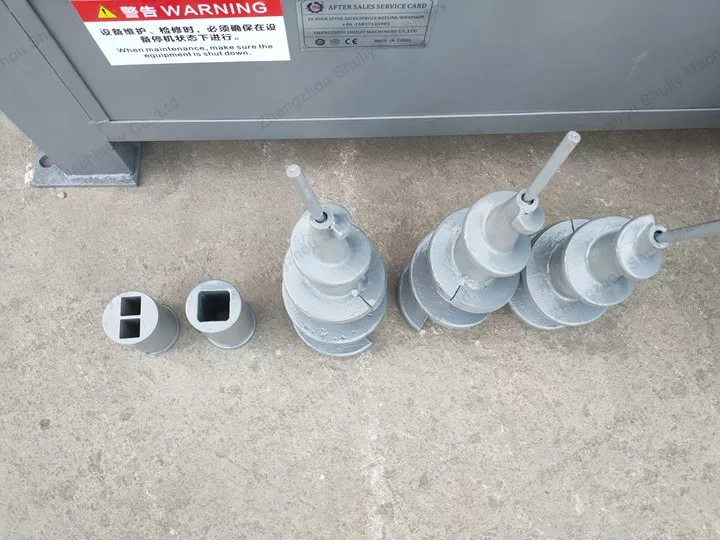
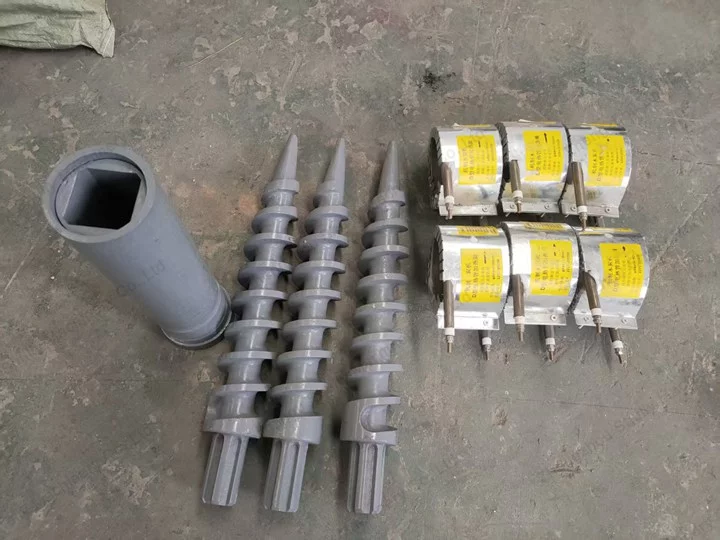
Extrusão e Moldagem: Modelar o Briquete
Após a compressão do material, ele é empurrado para a matriz de moldagem.
Moldes diferentes permitem formas de briquete diferentes:
- Briquetes oco
- Briquetes quadrados
- Briquetes redondos
- Briquetes hexagonais
- Briquetes em favo de mel
A máquina de formação de briquetes assegura que cada briquete tenha:
- Densidade uniforme
- Tamanho Consistente
- Superfície lisa
- Resistência estrutural para transporte e queima
A qualidade da forma influencia diretamente a aparência e a durabilidade do briquete.
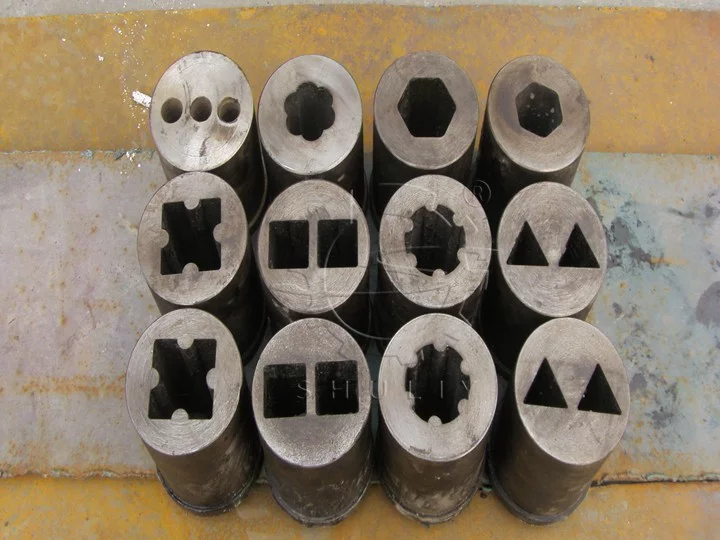
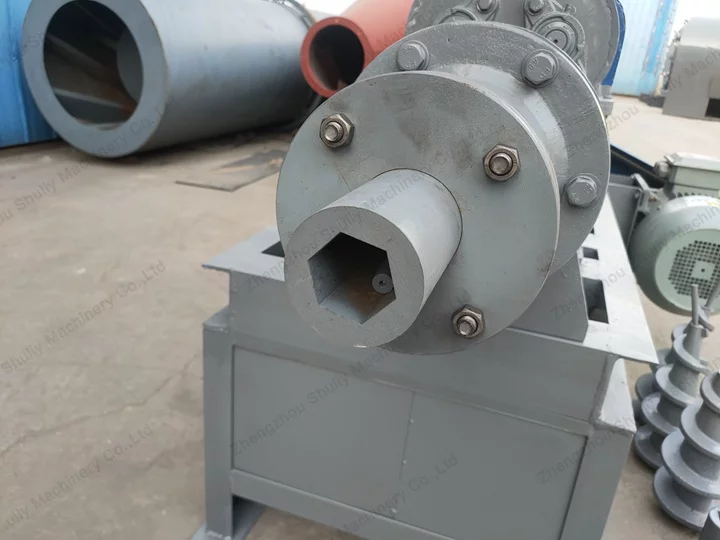
Sistema de Corte: Controle do Comprimento do Briquete
Na saída de extrusão, um cortador corta os briquetes ao comprimento desejado.
O corte pode ser:
- Manual
- Automático
- Ajustável de acordo com as necessidades de produção
Isso permite que o extrusor de briquetes de carvão mantenha um tamanho de produto consistente para embalar e uso industrial.
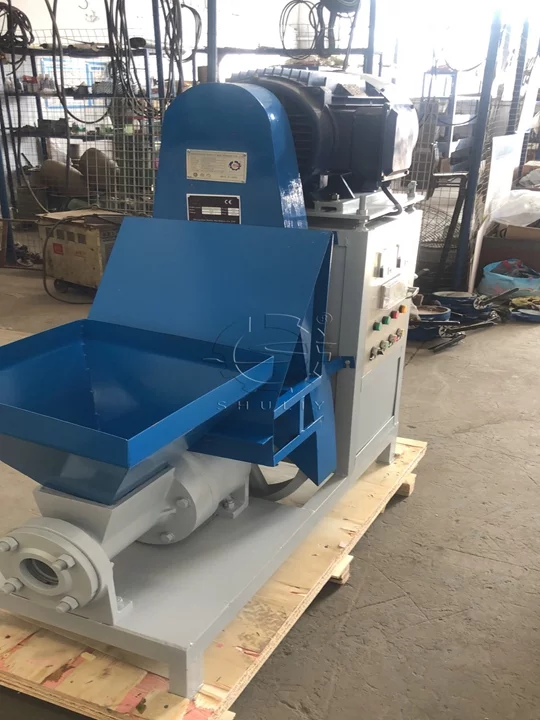
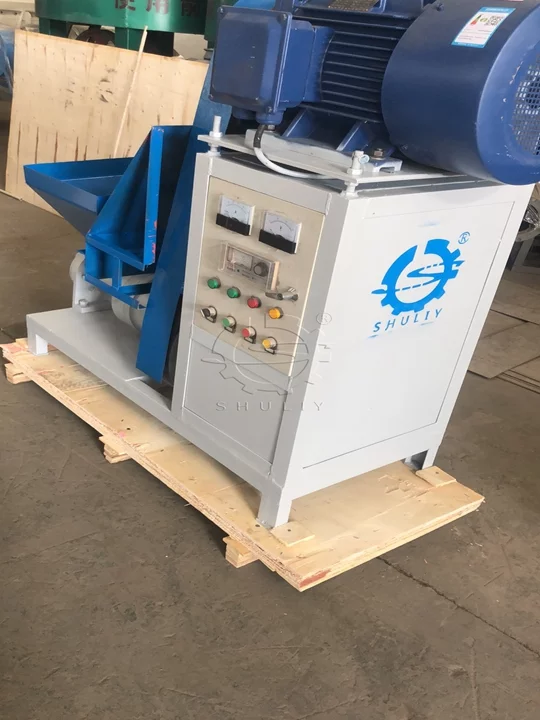
Por que a Máquina de Briquetagem de Carvão é Essencial para o Processamento de Combustível?
A máquina de briquetagem de carvão é amplamente utilizada porque resolve problemas comuns com pó de carvão solto:
- Previne poluição por poeira
- Melhora a eficiência de transporte
- Melhora o desempenho de combustão
- Aumenta o poder calorífico
- Fornece combustível uniforme para caldeiras industriais, carvão para churrasco e aquecimento doméstico
A sua alta eficiência e baixo custo operacional tornam-na ideal para pequenas plantas e grandes fábricas industriais de briquetes de carvão.

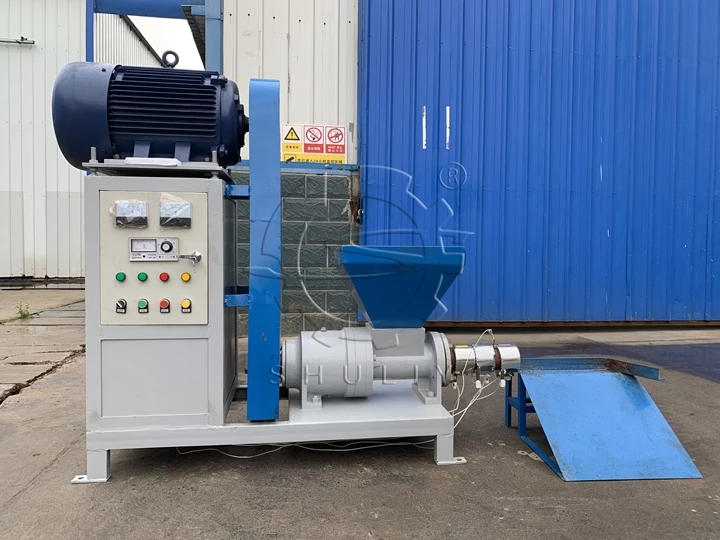
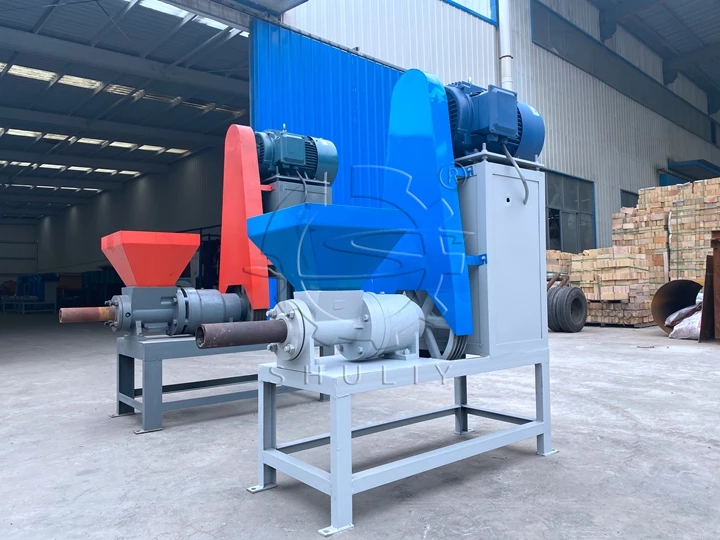
Uma Solução Completa para a Produção de Briquetes de Alta Qualidade
Compreender como funciona uma máquina de briquetagem de carvão ajuda os produtores a escolher o equipamento certo e a otimizar a produção.
Do alimentação, compressão e extrusão até à moldação final, a máquina garante uma produção estável, briquetes consistentes e alta eficiência.
Conte-nos os seus materiais brutos e necessidades de capacidade—recomendaremos o modelo mais adequado e forneceremos uma solução de processamento completa.

